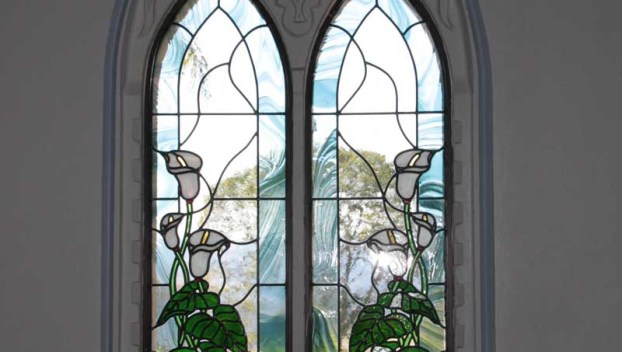
Uncategorized
Ga. pastors feel exposed without religious freedom law
ATLANTA — The Rev. Wayne Cofield says he’ll sit in a jail cell before he presides over a same-sex ... Read more

ATLANTA — The Rev. Wayne Cofield says he’ll sit in a jail cell before he presides over a same-sex ... Read more